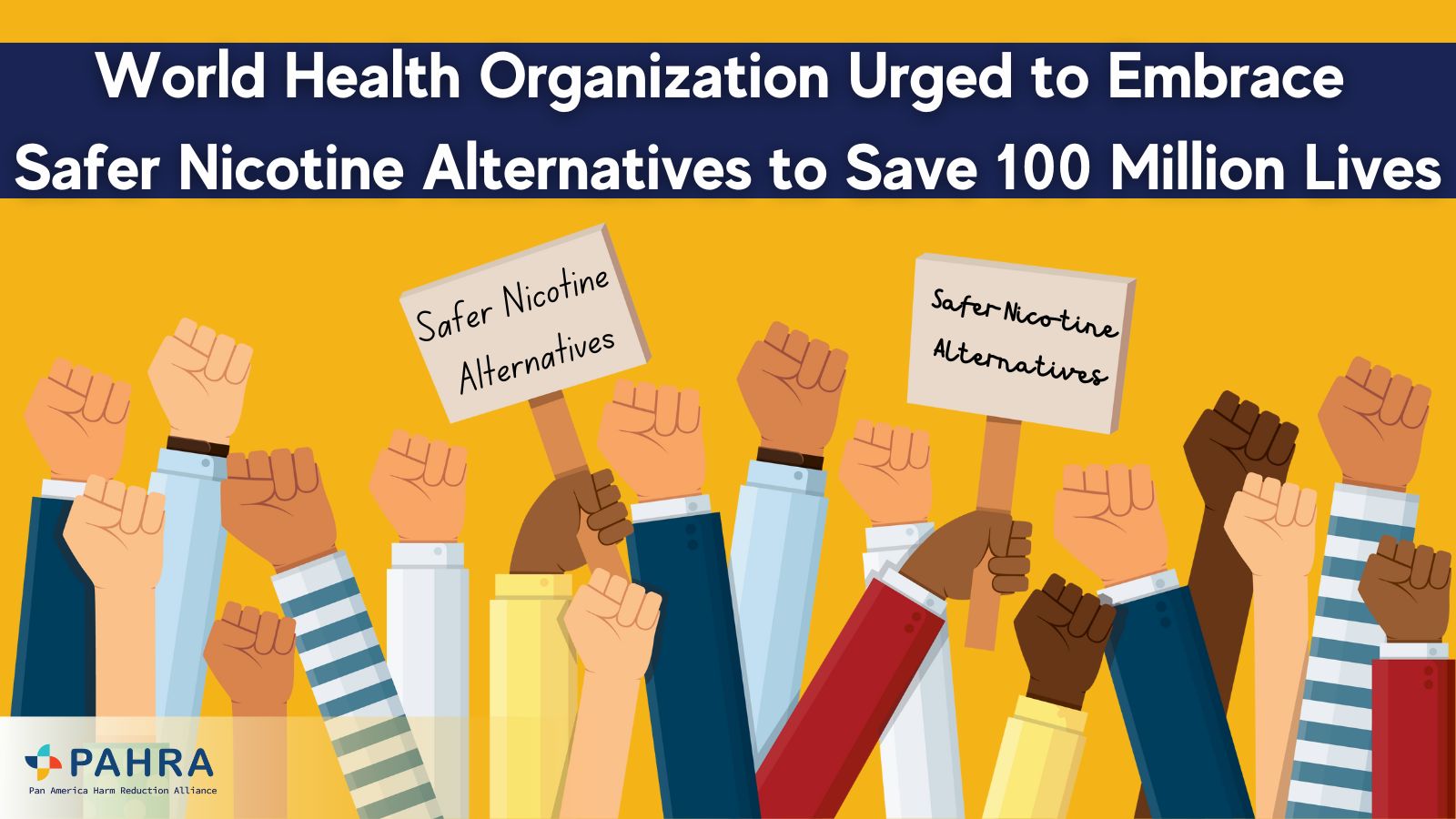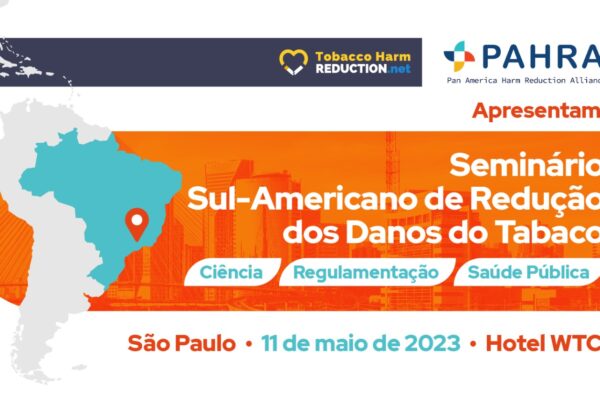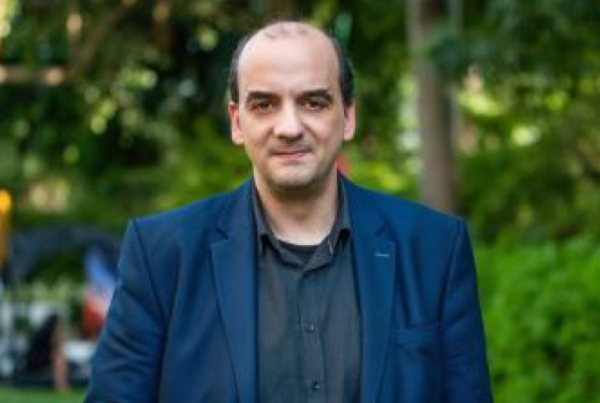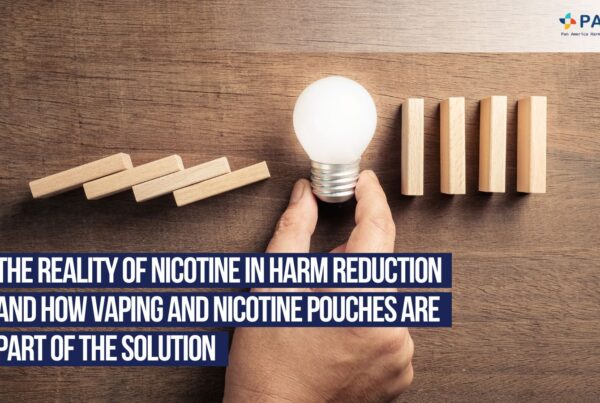
Geneva, April 4, 2024 — The World Health Organization (WHO) has today been urged to embrace safer alternatives to cigarettes in order to save 100 million lives that will otherwise be lost to smoking.
Dr Derek Yach, a global health consultant who led WHO’s Tobacco Free Initiative during the development of the WHO Framework Convention on Tobacco Control, was previously president and founder of the Foundation for a Smoke-Free World, says: “The WHO’s Framework Convention on Tobacco Control (FCTC) has not kept pace with scientific and technological advancements.
“Over 120 million people worldwide, in seeking a path away from combustible cigarettes, have turned to safer alternatives, such as e-cigarettes, oral nicotine pouches and heated tobacco products. Evidence suggests that these alternatives improve quit attempts compared to traditional nicotine-replacement therapy.
“Yet, the FCTC’s current emphasis on bans, prohibitions and regulations undermines access to these safer alternatives for millions of tobacco users. It is time to recognise their potential and prioritise harm reduction.”
Dr Yach, who has written to The Lancet in response to The 20th anniversary of the WHO Framework Convention on Tobacco Control: hard-won progress amid evolving challenges – The Lancet, sets out a three-point plan that could result in potentially 100 million fewer premature deaths between 2025 and 2060:
- Incorporate Tobacco Harm Reduction: The FCTC should actively promote safer alternatives, recognizing their role in reducing harm.
- Balanced Regulation: While regulation is necessary, it should not stifle innovation or limit access to safer products.
- Science-Based Policies: Governments must base decisions on evidence, fostering independence and informed choices.
“We cannot afford to wait for a miracle,” he says. “The WHO must adapt swiftly to the changing landscape of tobacco use and embrace innovative strategies to protect public health.”
Dr Yach disputes Kelly Lee and colleagues’ contention that tobacco companies’ development of safer alternatives is purely profit-driven.
“Negotiations leading to the FCTC’s adoption were intricate and delicate, resulting in nearly all major tobacco producers (except the USA and Indonesia) becoming signatories,” Dr Yach says. “Rather than demonising these legacy companies, we should acknowledge their evolving stance. Many are actively shifting away from combustible cigarettes, embracing safer alternatives as technology evolves.
“Saving lives requires bold action. Let us unite in our commitment to a smoke-free future—one where harm reduction leads the way.”
Tags
Popular Posts
Quick Links
Related Posts
 Paradigm Shift Needed In Pan America’s Approach to End Smoking
Paradigm Shift Needed In Pan America’s Approach to End Smoking
Paradigm Shift Needed In Pan America’s Approach to End Smoking
 Tobacco Harm Reduction Seminar in Brazil
Tobacco Harm Reduction Seminar in Brazil
Tobacco Harm Reduction Seminar in Brazil
 Systematic Review of Vaping Flavours | Dr. Konstantinos Farsalinos
Systematic Review of Vaping Flavours | Dr. Konstantinos Farsalinos





